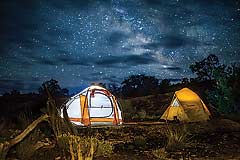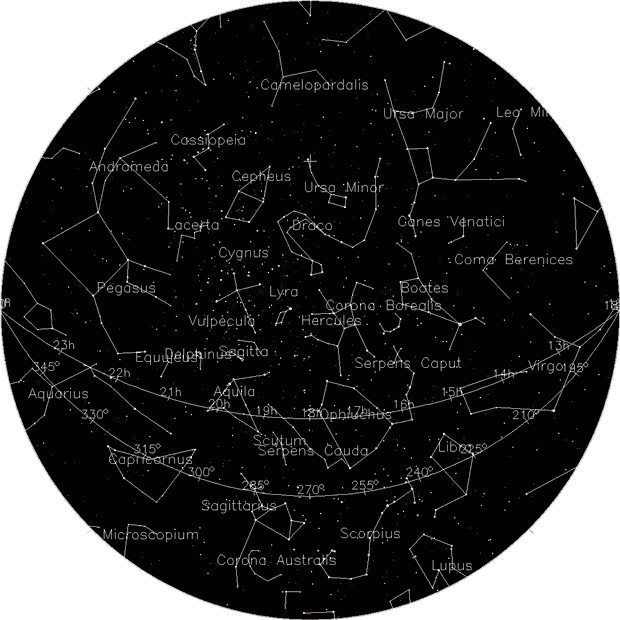The sixteenth century English playwright Thomas Dekker wrote “ Sleep is the golden chain that ties health and our bodies together”. Even in the 1500s people understood that there was an intractable link between sleep and our health. And now, in the twenty first century, we have a multitude of studies supporting what Dekker and others knew to be true. But our knowledge goes so much deeper than that. We now understand the important balance between bodily functions like melatonin production, a good-night’s rest, long-term health, and how our environment shapes it all.
In Thomas Dekker’s time, and through prior human history, people slept differently than they do today. Historian Roger Ekirch explained in his book “At Days Close: Night in Times Past”, that before the invention of the electric light bulb people slept in two shifts lasting four hours each called first sleep and second sleep. These two sleeps were separated by a period of “quiet wakefulness” late at night.
 But this all changed in the late 1800s with the invention of the electric light bulb. Most of us are now exposed to artificial light at nighttime, interrupting our natural cycle of light and dark. This in turn changes how we sleep. The key to understanding this might be the hormone melatonin. This hormone is secreted by the pineal gland at night, and is known for helping to regulate our biological clocks. The melatonin makes us sleepy, and therefore helps us to get a good night’s rest. However, when exposed to artificial light at night our bodies melatonin levels drop significantly.
But this all changed in the late 1800s with the invention of the electric light bulb. Most of us are now exposed to artificial light at nighttime, interrupting our natural cycle of light and dark. This in turn changes how we sleep. The key to understanding this might be the hormone melatonin. This hormone is secreted by the pineal gland at night, and is known for helping to regulate our biological clocks. The melatonin makes us sleepy, and therefore helps us to get a good night’s rest. However, when exposed to artificial light at night our bodies melatonin levels drop significantly.
When we stay up late with the lights on, playing on our phones, or watching TV, our body doesn’t receive the natural cues to start the production of melatonin. This can interrupt our sleep causing us to sleep less, or develop sleep disorders. And as Dekker knew, when we don’t sleep well, our health and our bodies suffer.
So turn off those lights and let the night sink in. If you’re lucky enough to live where you can still see the stars, go outside and enjoy them. Curl up on a warm summer’s eve and watch for shooting stars. You may find that it is more than just your sleep that improves!
Moon Happenings
Aug 7 - First Quarter at 11:30 am
Aug 15 - Full Moon at 6:29 am
 But this all changed in the late 1800s with the invention of the electric light bulb. Most of us are now exposed to artificial light at nighttime, interrupting our natural cycle of light and dark. This in turn changes how we sleep. The key to understanding this might be the hormone melatonin. This hormone is secreted by the pineal gland at night, and is known for helping to regulate our biological clocks. The melatonin makes us sleepy, and therefore helps us to get a good night’s rest. However, when exposed to artificial light at night our bodies melatonin levels drop significantly.
But this all changed in the late 1800s with the invention of the electric light bulb. Most of us are now exposed to artificial light at nighttime, interrupting our natural cycle of light and dark. This in turn changes how we sleep. The key to understanding this might be the hormone melatonin. This hormone is secreted by the pineal gland at night, and is known for helping to regulate our biological clocks. The melatonin makes us sleepy, and therefore helps us to get a good night’s rest. However, when exposed to artificial light at night our bodies melatonin levels drop significantly. 